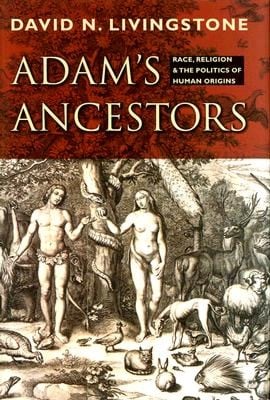 Psalm 1 is a poem that promises the obedient will flourish. It urges the reader to seek God’s blessing of flourishing by promising blessing and warning the wicked of being blown away (v. 4).
Psalm 1 is a poem that promises the obedient will flourish. It urges the reader to seek God’s blessing of flourishing by promising blessing and warning the wicked of being blown away (v. 4).
Like chaff, the wicked are blown away. The wicked are in contrast to those who obey; hence they are the disobedient. What they obey (or don’t obey) are the Lord’s commands, which amounts to the Torah. The wicked will not stand in the judgment of God; they are not approved by the jury.
What we see of God in this psalm is clear: God blesses those who live before him properly; those who choose not to live properly dissipate and find the judgment of God at the end. They are not upright in the community of God. We have here a clear instance of wisdom: those who do right flourish; those who don’t are foolish.
There’s a covenant dimension to this in v. 6: God is with the godly. The fundamental covenant promise is the presence of God, and that presence creates flourishing. Those who walk away from God’s commands cannot enjoy the presence of God.
1:1 How blessed is the one who does not follow the advice of the wicked, or stand in the pathway with sinners, or sit in the assembly of scoffers! 1:2 Instead he finds pleasure in obeying the Lord’s commands; he meditates on his commands day and night. 1:3 He is like a tree planted by flowing streams; it yields its fruit at the proper time, and its leaves never fall off. He succeeds in everything he attempts.
1:4 Not so with the wicked! Instead they are like wind-driven chaff. 1:5 For this reason the wicked cannot withstand judgment, nor can sinners join the assembly of the godly.
1:6 Certainly the Lord guards the way of the godly, but the way of the wicked ends in destruction.

